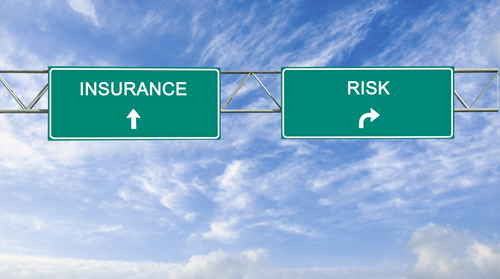When it comes to your business, protecting the time and effort you’ve put forth is important. Business owners realize there are different areas where they may be at risk. Every small business owner should consider investing in liability insurance. A typical general liability insurance policy will only respond to a bodily injury, property damage, personal injury or advertising injury claim. You may need more than that, however.
What Type of Liability Insurance Do I Need?
Liability insurance can fall under different names depending on the industry you are in. If you’re at risk of being sued by a third party for negligence or misinformation that results in a significant damage or loss to a client or customer, you need some form of liability insurance.
- Public: Some small businesses may not feel public liability insurance is worth the cost. However, if a claim were to take place, the out-of-pocket costs could be so damaging that your business can no longer operate. Public liability insurance can cover you in the event that your business is responsible, or is claimed to be responsible, when someone is physically injured, has property damaged, or both, at your place of business.
- Product: If you manufacture or supply goods, you’ll want product liability insurance. This type of liability insurance covers your business in the event your product causes harm or injury to someone resulting from a manufacturing, marketing or design defect. You may not see a defect taking place, but it is better to be safe than sorry and plan in advance.
- Professional: Technology firms and consultants need to consider a professional liability insurance policy. Covered incidents may include errors and omissions that result in the loss of client data, claims of non-performance and negligence leading to a loss of money, customers, etc.

What Should I Look For?
Now that you’ve determined which type of liability insurance you need, you’ve reached the even more difficult part of the process. From choosing the right provider to the right plan, it can be overwhelming. When investing in liability insurance, these are the steps you’ll want to take before buying.
- Research business insurance providers. Look for online reviews and ask other businesses in your industry for recommendations. Online research shouldn’t be your only source of information as reviews that rave about a product could be written by someone from the company, and a poor review could be authored by a competitor.
- Compare pricing and coverage. Ask at least three different providers for quotes on a policy. Shopping around before your initial investment—and every few years after that—can result in better coverage for less.
- Watch out for low ball quotes. Pricing should be fairly similar across all the providers you choose to compare. A quote that is significantly lower than the rest may be a result of less coverage, poor customer service or additional fees.
- Look for a provider and policy with scalability. While your business may only have potential risks in a few areas now, the future is undetermined. With expansion may come new risks and you want a policy you can adjust to meet those new needs.
When it comes to liability insurance, speak with an insurance provider who has worked with other small businesses similar to yours. Compare providers and discuss the areas where your business may be at risk both now and in the future to find a provider and policy that can meet those expectations. More than anything, you want to look into investing in liability insurance before an incident takes place to make sure you’re covered and your small business can continue to grow.


 />i
/>i

